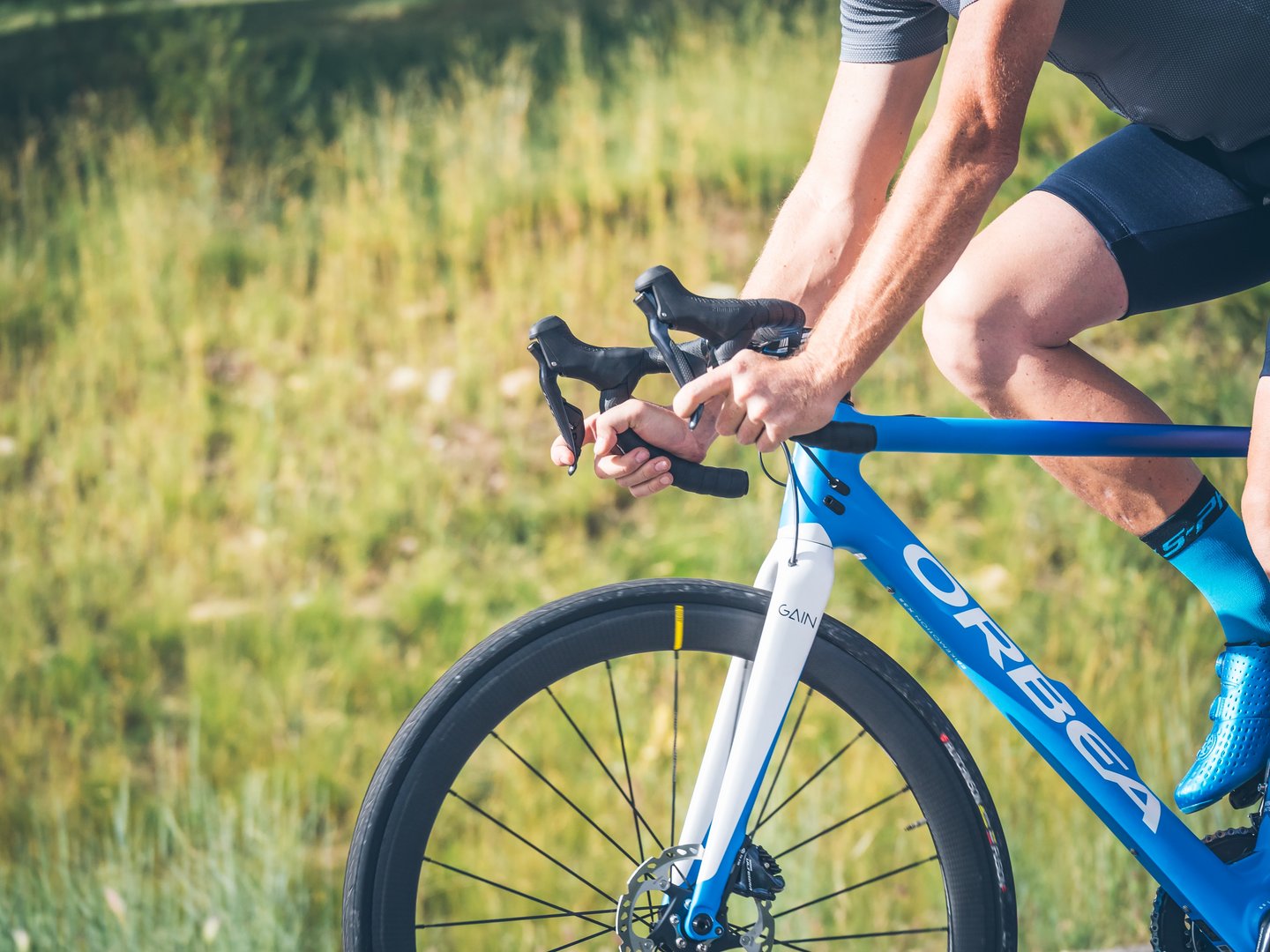By Charles Ellinas
June 3 was World Bicycle Day, but in Cyprus, it went completely unnoticed. And for a good reason. Cypriots mostly use cars to go anywhere, even to shops down the road.
In 2018, the United Nations General Assembly declared June 3 as World Bicycle Day to spread awareness about the benefits of cycling, urging people to use the cycle as a mode of transportation enabling a sustainable and healthy way of living.
Many health experts recommend people walk or cycle at least 30 minutes every day. These easy types of exercise can increase cardiovascular fitness, strengthen bones, reduce excess body fat, and boost muscle power and endurance.
The statistics is shocking for Cyprus. With only 0.1 per cent of the population walking or cycling for more that 30 minutes a day, Cyprus is at the bottom of Europe. The Dutch top the list with 44 per cent.
In the Netherlands, the lead is given by Prime Minister Mark Rutte, who cycles to the office every day… when the weather allows. He said “Of course taking a car is an option, but you have congestion plus the environmental impact. From the old days, almost from the late 19th century, we’re used to taking a bicycle.”
The Dutch are famous for their love of cycling. The country has more bicycles than people – about 24 million bikes in comparison to 18 million people. More than 25 per cent of all trips in the country are made by bike and of those, a quarter are for getting work, like the prime minister. Statistics show that cycling adds 6 months to life expectancy in the Netherlands.
The health benefits of both cycling and walking are well-known. They help reduce the risk of illnesses such as diabetes and cardiovascular diseases and can help boost mental wellbeing.
It is not surprising that the percentage of people that experience stress is highest in countries where people walk or cycle the least.
In Cyprus, with the lowest walking/cycling percentage, 53 per cent of people experience stress during a lot of the day – the second highest in the EU after Greece. In contrast, this only happens to 29 per cent of the Dutch, who walk or cycle the most in Europe.
It is also not surprising that countries with high walking/cycling percentages also have lower obesity compared to most other countries.
Bikes have been used for two centuries. They are a simple, affordable, reliable, clean and environmentally fit sustainable means of transportation, fostering environmental stewardship and health.
WHO actively promotes cycling and walking. In order to support this, it has released a range of resources and materials to promote cycling, improve road safety and enhance the health and well-being of people and the places they live, work and play (https://who.int/campaigns/world-bicycle-day).
On and off several initiatives have been promoted in Cyprus to to encourage the use of bicycles in the daily activities of the citizens, some supported by the EU. But the statistics show clearly that there is still a long way to go.
Charles Ellinas is Senior Fellow at the Global Energy Centre of the Atlantic Council. This piece is also posted on the blog of the Cyprus Economic Society https://cypruseconomicsociety.org/blog/blog-posts/






Click here to change your cookie preferences